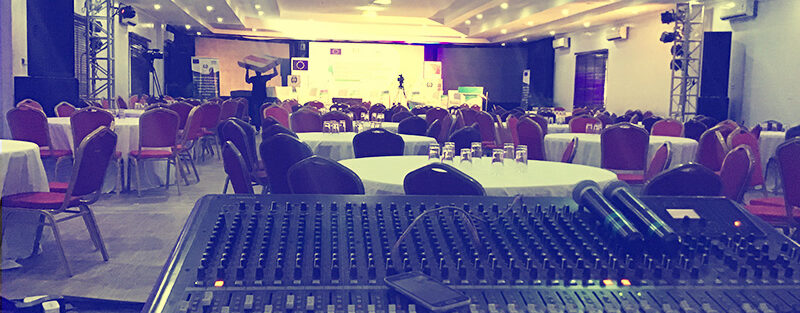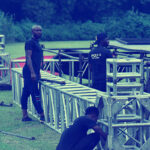No matter how experienced and knowledgeable you are in events management, you still have not arrived; honestly, this is simply because there are always new things to learn after each event. Although experience teaches you and or helps you reduce the risks you may incur in any event, it definitely will never suffice for a new knowledge. Times are ever changing as well as that human bahaviour that are always transiting. These are caused by environmental conditions, globalization, research findings, scientific breakthroughs and discoveries. So, if you think you know it all, you might just be over taken by that small contemporary of yours who values knowledge much more than being noticed.
One area of event management in which learning is inexhaustible, is the area of learning your audience. According to Professor John Levine of the Northwestern University, it is now very pertinent to study the psychographics of your audience much more than the demographics. The demographics show who your audiences are, where they are and most probably their age distribution and location. While psychographics of any audience explains why they behave in a certain manner towards a particular products or service (why they buy). As an event manager and planner, you can never exhaust knowing who your audiences are by the manner of their bahaviour and other intrinsic characters. So, every event gives you an ample opportunity to know them more and why they behave the way they do
Another area of event management where learning is inexhaustible, is the area of learning better ways of doing things especially better ways of delivering solutions. In event management, experience has showed that what people cherish the most is experience that will keep resonating in their memories like butterflies in their stomach. Your audiences or client will become fatigued when you use the same concept of delivery on your event. People don’t like change, but the kind of changes that appeals to them are the kind that will enhance their experiential knowledge, without taking anything from them rather adding to them, especially emotionally.
This actually brings into focus the learning curve. According to Wikipedia, the learning curve is an increase of learning with experience. Economically, what this theory means is that, there is an increase in productivity and efficiency as experience increases as long as methodology improves. The process of delivery for most serious event managers are sure to improve as long as they learn from every event, this is experience in short. In other words better ways of doing things in event management are discovered from experience and consistent customer engagement. Today people are getting better experience of communicating with their loved ones through the use of smart phones with a major shift from the analog phones. It was exposed that one major advantage for this kind of learning is the cutting in production cost.
In conclusion, event planners and mangers must imbibe the culture of consistently getting uncomfortable with the status quo. The evidence of learning will be seen in how you carry out your day to day process of event planning. There has to be a deliberate effort of practicing.
Erricson’s 10,000 hours of deliberate practice, by Tom Stafford a psychologist from the university of Sheffield explained a thought about the science of learning, According to him, Anders Erricson postulated that world class performers have one thing in common and that is the fact that , they have all invested at least 10,000 hours into DELIBERATE practice Tom said “deliberate practice means effortful, structured practice, focusing on reducing, your failings and errors constantly pushing yourself to improve.
What are you waiting for? Start now!
Image source: ere.net
Written by
Mfon Barry
Mfon Barry is PR professional, a communications and a social media strategist . He works for DOXA DIGITAL


